
Hello from The National.
Here are this week’s most compelling and exclusive stories from the UK and Europe.
BIG PICTURE
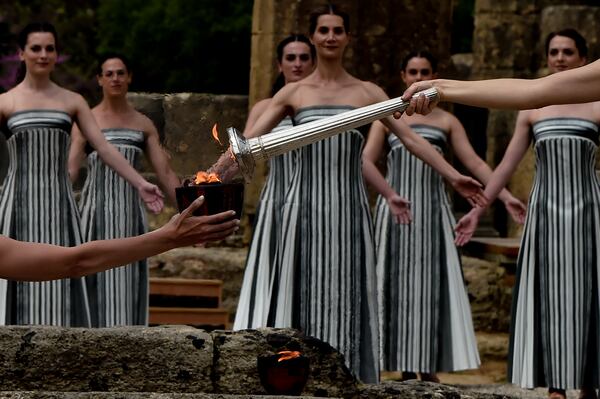
Libya's legacy battles
A once plush but now rotting £9 million mansion in Hampstead has become the symbol of how Libya remains incapable of turning the page nearly a dozen years after the demise of the Muammar Qaddafi regime.
The handsome villa in the upmarket north London district favoured by international residents became a source of controversy when Saif Al Islam Qaddafi used it as a base for his stint at the London School of Economics.
Leading members of the UK establishment were then accused of pandering to his whim of a prestigious qualification.
Less remarked on until now is how the property has been at the centre of a legal tug of war between US arms maker General Dynamics and the state of Libya for more than a decade.
It was formally owned by Saadi Qaddafi, former commander of Libya's special forces and another son of the former leader.
Libya seized the property as a state asset in 2012, a year after the regime was overthrown.
The transfer was at the time heralded as the start of an assault to retrieve up to $200 billion in overseas assets that had been looted by the Qaddafis.
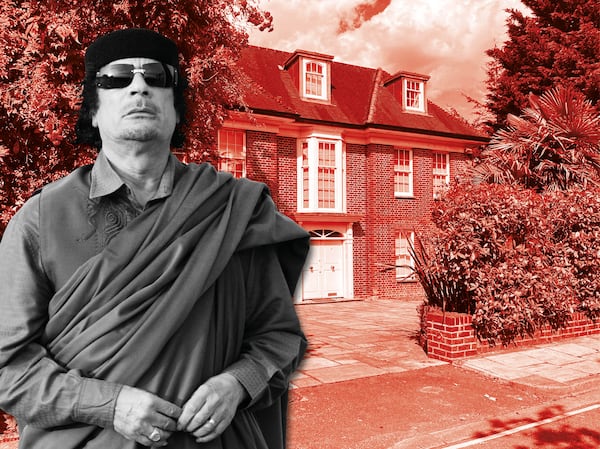
General Dynamics, which makes the F-16 fighter jet and M1 Abrams tank, wants the property to be sold so it can recoup some of the £16 million ($20.34 million) contract fees it is still owed for communications equipment for pre-war Libya.
A judge has now decided that if the property is sold, then Libya must repay the company the proceeds. If General Dynamics wants to force a sale it must apply to a court for a further order.
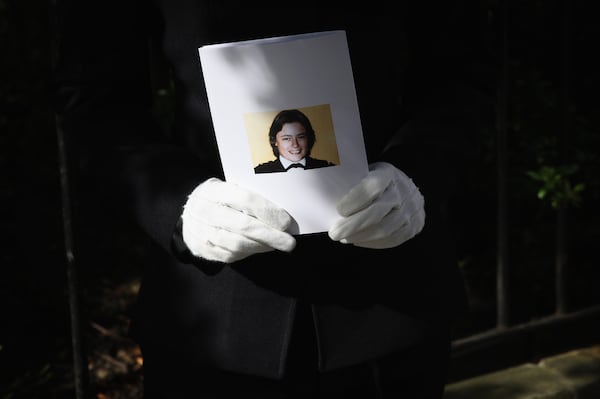
The memory of a police officer shot dead outside the Libyan embassy will be marked today by family, the Met Police and campaigners.
An event away from the official commemoration will take place in St James Square near where Yvonne Fletcher, 25, fell in 1984.
Veteran campaigner John Murray has hired a team of specialist lawyers to bring a private prosecution against an aide to Muammar Qaddafi who has returned to Libya from a home in Reading.
WPC Fletcher was killed while policing a demonstration against Qaddafi 40 years ago today, and Mr Murray promised his friend and colleague as she lay dying that he would find those responsible for her death.
Saleh Ibrahim Mabrouk was found jointly liable for Ms Fletcher’s death in 2021 outside the Libyan People's Bureau in St James's Square, London, in April 1984, in a civil case brought by Mr Murray.
For more global news that matters to you, join our Telegram channel.
Lammy's offer
Shadow minister David Lammy has given the Conservative leadership of foreign affairs both barrels, accusing them of being "especially callous" in their approach to the Global South.
Offering the world a big picture of "progressive realism", he has written in Foreign Affairs magazine this morning of how the assumptions made by the West in the past turned out to be wrong to the detriment of many other nations.
"Progressive realism acknowledges that, at times in the 20th century, western powers undermined the sovereignty of weaker states, especially in the Global South," Mr Lammy says.
He says a broadening group of states – including Brazil, India, Saudi Arabia and the UAE – have claimed roles on the world stage, and he wants influence with these partners.
These nations have the power to shape their regional environments as they "ignore the European Union, the United Kingdom and the United States ever more frequently".
"I have travelled extensively across North Africa and the Middle East, including to Bahrain, Egypt, Israel, Jordan, Qatar, Saudi Arabia, Turkey, the United Arab Emirates and the occupied Palestinian Territories," he says.
"All will be vital partners for the United Kingdom in this decade, not least as the country seeks to reconstruct Gaza and – as soon as possible – realise a two-state solution."
As a starting principle Mr Lammy makes it clear that European security would be the Labour Party’s foreign policy priority. But it is by no means exclusive.
Offering faster growth and slower warming to Africa and beyond is another goal.
Mr Lammy says his “progressive realism” means recognising climate change is not the only threat to the planet but technological change and international development must be part of the mix too.
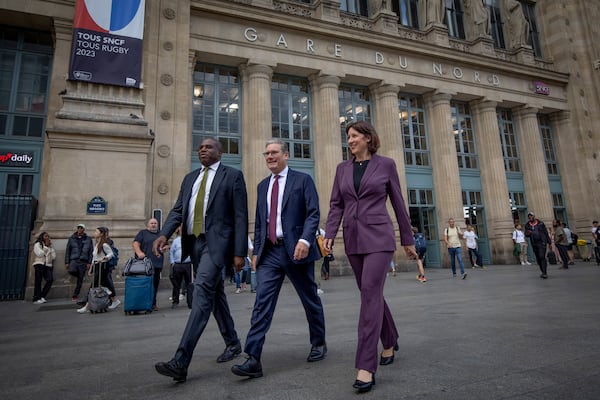
BoJo goes nuclear
Britain was once proud of its Rolls-Royce reputation and now at least it can offer the world a nuclear future from the eponymous engineering firm.
That at least is what Boris Johnson, who left the prime minister’s office in 2022, was doing during a trip to the UAE this week.
During an appearance he discussed co-operation between the UAE and the UK in tackling climate change with innovative nuclear options.
“[There’s] so much I think what we can do together on small modular reactors [SMRs] like the type made by Rolls-Royce,” Mr Johnson said.
SMRs have one third of the generating capacity of traditional nuclear power reactors, but they require lower upfront costs and can be installed in locations not suitable for larger plants.
“This country, rightly, is leaving us miles behind [in nuclear energy]. Twenty per cent of your power already comes from nuclear,” Mr Johnson told those attending the Green Hydrogen Summit in Abu Dhabi.
Currently, nuclear power contributes about 15 per cent of the UK's electricity supply, but some older reactors are scheduled for decommissioning within the coming decade.
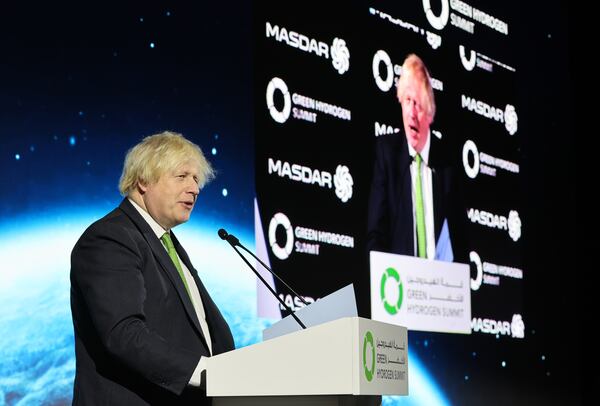
Ancient treasure
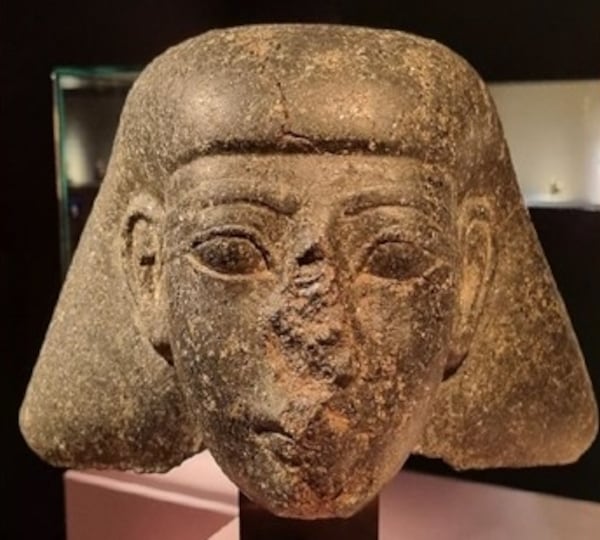
To the European Fine Art Fair (Tefaf) in Maastricht now, where an artefact worth more than $200,000 was recovered after a tip-off the looted ancient Egyptian sculpture was being sold with forged paperwork.
The historical relic had been recently sold by a Spanish dealer with connections to trade in antiquities from Middle East war zones as a piece that had been in Spain since the 1970s.
A Swiss gallery had been offering the sculpture for sale at the art fair in the Netherlands before receiving the information about the Barcelona-based dealer.
The unidentified suspect had links to the antiques trade in conflict zones in the Middle East and North Africa, the police said. The Swiss gallery bought the sculpture from a gallery in Germany.
The gallery, which had put the object on display at the fair, told Dutch police of their concerns and they alerted Spanish authorities, who arrested the antiques dealer.
OTHER STORIES THIS WEEK
| How G7 could respond to Iran's attack on Israel | |
| Intelligence boost key to raising stakes for Iran retaliation | |
| Iran-Israel conflict poses an existential risk for Lebanon, unless Biden can intervene |








